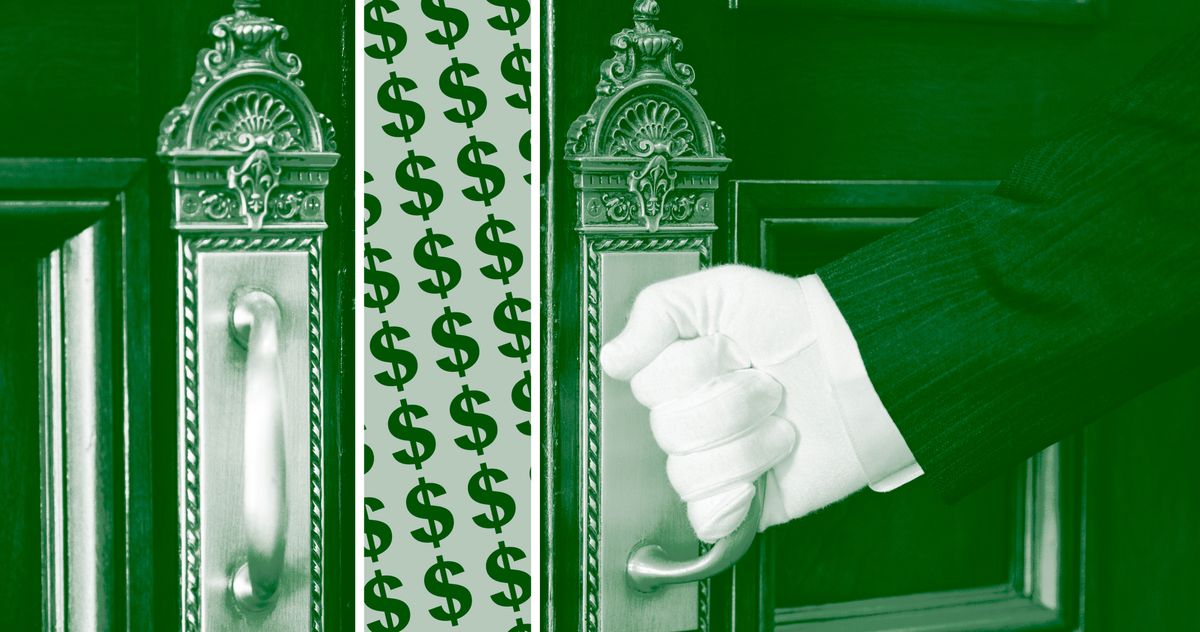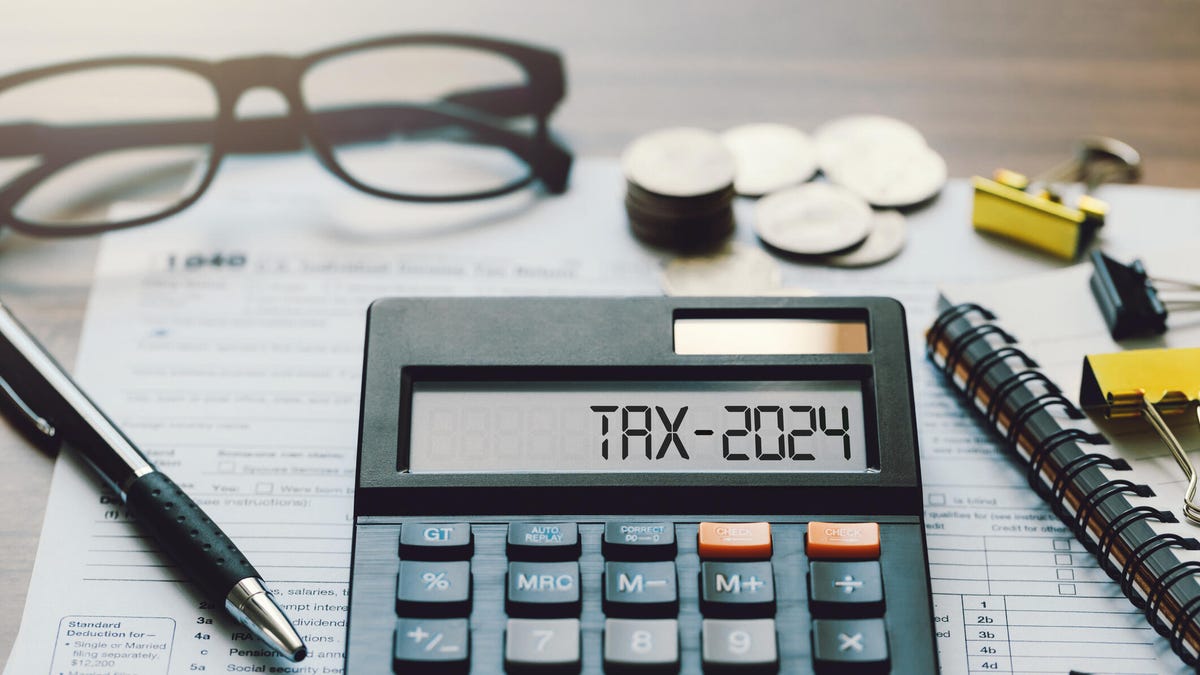- Financial Maverick
- Posts
- Tech Dominance, Fighting Over Money, and Healthy Habits
Tech Dominance, Fighting Over Money, and Healthy Habits
Still Need to File Your Taxes if the Government Shuts Down?
Good morning. It's Friday, March. 01 and we're covering smart ways to help boost your financial wellness, favorite tools to stay on top of your financial life, squatter scams, and much more.
First time reading? Sign up here.
Stock Market Update
Market Performance: February 29, 2024.
US stocks rallied to close out the best February for the S&P 500 (^GSPC) and Nasdaq Composite (^IXIC) in nearly a decade as investors digested a crucial inflation reading.
The Nasdaq Composite closed up 0.9% on Thursday, finishing at 16,091.92, its highest close on record. This marked the first record close for the Nasdaq since November 2021. The S&P 500 added 0.5% on the day, to finish the day at 5,095.88, a new record-high. Meanwhile the Dow Jones Industrial Average (^DJI) popped 0.1% on the day. Both the Nasdaq and S&P 500 had their best February's since 2015.
An inflation measure closely watched by the Fed continued cooling last month, matching Wall Street's expectations. The Personal Consumption Expenditures (PCE) index grew 2.4% year-over-year in January, a decline from last month's 2.6% print. "Core" PCE, the measure most often mentioned by Fed Chair Jerome Powell, came in at 2.8%, down from 2.9% in the month prior.
Financial Maverick Insights
Developing Healthy Money Habits: Smart Ways to Help Boost Your Financial Wellness
When you’re juggling competing financial priorities, figuring out how to manage your spending, saving, and investing can feel overwhelming. Fortunately, taking a few basic, but important, steps can help you get a handle on your money today and put you on the path to financial fitness in the future.
The most fundamental steps toward financial wellness include establishing a budget, managing cash flow and debt, building your emergency savings, and putting some automation in place with your savings.
What is financial wellness?
Financial wellness is the process of developing healthy financial habits and being at peace with your finances, both present and future. It could include budgeting, eliminating debt, and investing.
Start with a budget.
The first step toward achieving your financial goals is knowing where your money is going. A budget gives you the opportunity to make sure your saving and spending match your priorities.
Put away money for an emergency.
When it comes to financial fitness, one of the most important steps you can take is creating an emergency fund. Set aside cash in an emergency fund so that you can deal with life’s unexpected events without derailing your budget or long-term savings strategy. T. Rowe Price’s 2022 Retirement Saving & Spending1 survey found that 49% of surveyed 401(k) savers contributed to an emergency fund during the past 12 months, up from 45% in 2021.
Make your saving automatic.
One of the best ways to help stay on track with your saving and investing plans is to make your contributions automatic. Automation saves time and doesn’t require ongoing work, so once you set it up, you can make progress toward your contribution goals without any extra effort. It also helps remove the emotions from investing, helping you stick to your plan despite market ups and downs.
Our Favorite Tools to Stay on Top of Your Financial Life
Getting your finances in order isn’t a one-time task — it’s an ongoing process.
Whether it’s budgeting, planning your debt payoff, or monitoring your credit, your financial life needs regular, reliable attention. The right set of tools can help.
We’ve rounded up some of the best money apps and services to help you get on track and stay there, whether you’ve never created a budget or you’re a seasoned investor. Unless otherwise noted, all of these apps are free.
Keep in mind, most of these tools require you to provide and link your bank or credit information. While they use strict security measures to protect your data, you should always read the terms and conditions on any app before you use it so that you know what you’re getting into.
Budgeting and keeping track of bills
Mint: Mint is one of the most popular online budgeting tools, and for good reason. Their web app makes it easy to set budgets for your spending, track how much money you have coming in every month, and stay on top of your expenses. Once you link your spending accounts to the service, your purchases are automatically categorized as restaurants, groceries, bills — you can even set your own categories and rules for purchases.
Paying off debt
Mint Goals: Even if you had already heard about Mint, you might not have heard of Mint’s Goals feature, which helps you create a financial goal and then tracks your progress toward that goal.
Saving money
Qapital + IFTTT: Qapital is a mobile app that makes saving money fun (well, as fun as saving can be). Once you link your bank accounts and credit cards to the app, you can transfer money into your Qapital account automatically using any of their rules.
Real Estate News
Personal Finance Tips
Alternative Investing
Would you buy SoundHound AI Stock? |
Reach Over 100,000 Financial Mavericks
Advertise with Financial Maverick to get your brand in front of the Financial Gurus in the world. The Mavericks are high-income and highly knowledge people who are always looking for an interesting product or tool.
Calling all Financial Mavericks! To help out a family and friend in need by sharing this newsletter. Tell you what if you ever wanted to be a Hero, Financial Guru, or a Nice Person this is your time!
DISCLAIMER: None of this is financial advice. This newsletter is strictly educational and is not investment advice or a solicitation to buy or sell any assets or to make any financial decisions. Please be careful and do your own research.








